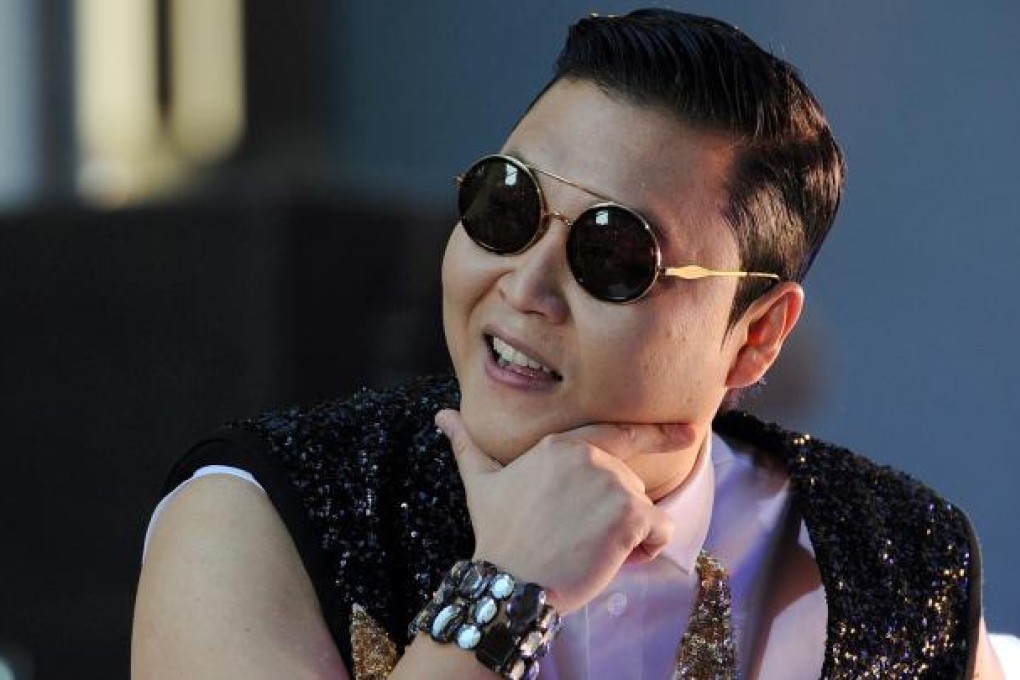Letters to the Editor, December 7, 2012
Many Western countries face difficulties balancing their budgets. One of the biggest factors is the ever increasing cost of health care, with a greying population and the development of better but expensive medicines and treatments.

Many Western countries face difficulties balancing their budgets. One of the biggest factors is the ever increasing cost of health care, with a greying population and the development of better but expensive medicines and treatments.
In many Western countries, it is the state that picks up the bill.
In Hong Kong, we have two health care systems: the public system, which is virtually free of charge but has long queues and waiting times; and the private system, where you get treated immediately but where access is exclusively for those who can afford it or have good medical insurance.
What amazes me about the private health care sector in Hong Kong is its billing structure.
When you are admitted to hospital, you can choose between three types of rooms: a ward with six beds, a semi-private room with two beds and a private room with one bed.
Logically, the price for a private-room bed is approximately five times that of a bed in a ward. What is not so logical is that when you choose a private room, all medical fees are also doubled or tripled - even if the operation or procedure is the same for all patients.